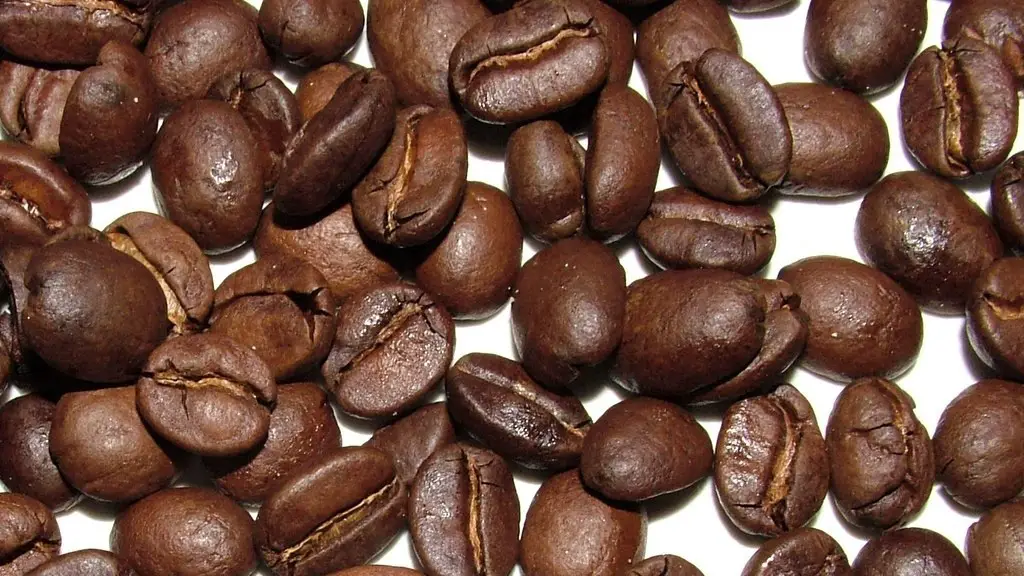Introduction to Hot Coffee
The age-old debate of whether coffee is good or bad for you is ongoing, but what we do know is that coffee is a popular part of many diets. There is a wide range of coffee products available on the market, including instant coffee and the freshly brewed variety. But how does drinking hot coffee impact your body temperature? Can drinking hot coffee actually raise your body temperature?
Background Information
Coffee, like tea, is a natural source of caffeine, which is typically accepted to have a stimulating effect on the human body. Beyond caffeine, coffee contains several vitamins and minerals that could potentially contribute to short-term, and perhaps long-term, health benefits. As part of, or in addition to, the other known health benefits, does hot coffee have the potential to raise the body temperature of an individual?
Professional Perspectives
According to a research article from the International Journal of Thermophysics, there are several thermal considerations to a person drinking hot beverages, such as hot coffee. The article claims that a person’s body temperature naturally increases whether hot beverages are consumed or not. This suggests that drinking hot beverages is not a direct cause of a higher body temperature.
Dr Zara Aziz, an expert in nutrition, agrees that drinking hot coffee rarely has an impact on your body temperature. She notes that because the drink only passes through your mouth, it’s unlikely to cause more than a temporary increase in your temperature. She goes on to explain that if you drink hot coffee, then you may experience a sensation of warmth in the body, which could make you think that your body temperature has risen, when it may in fact not have.
Personal Analysis
While the evidence suggests that hot coffee may not actively raise your body temperature, there is some evidence that suggests it can cause short-term bodily temperature fluctuations. From personal experience, I have found that drinking hot coffee can cause me to feel momentarily warmer and more energetic, which may indicate a slight rise in body temperature.
However, any bodily temperature increase associated with drinking hot coffee would likely be very slight and temporary. In addition, it would not constitute a serious health risk as the temperature increase would likely be too small to cause any significant discomfort or potential risks.
Health Risks
Though the scientific consensus maintains that hot coffee consumption is unlikely to pose any serious health risks, there is a potential risk of scalding from drinking very hot beverages – particularly for those who are elderly or have impaired nerve sensitivity in the mouth or throat.
Therefore, it is highly recommended that hot coffee, as well as other hot beverages, are consumed at sensible temperatures that are comfortable to consume. To avoid the risk of any unintentional burns or scalding, it’s important not to drink too hot of a beverage, and to wait for it to cool down if necessary before consuming.
Food Hygiene
In addition to the risk of scalding, coffee brewing and storing can create food hygiene concerns. As coffee is a naturally moist beverage, it can be easily contaminated with bacteria and cause food-borne illnesses if not stored appropriately.
It is highly recommended to store coffee grounds and coffee beans in air-tight and dry containers and to avoid storing them in the refrigerator. This helps to prevent the growth of bacteria and the potential for food-borne illnesses.
Avoiding food-borne illnesses caused by coffee can be achieved through proper storage and by avoiding serving hot coffee at very high temperatures. For this reason, it may be a safer choice to opt for coffee at lower temperatures to avoid discomfort as well as food hygiene-related issues.
Caffeine Content
One of the main components of coffee is caffeine, which has a range of known health benefits, such as increased focus and concentration, as well as endurance-boosting properties. It is well known that caffeine can also cause hyperactivity and feelings of nervousness, especially if too much is ingested.
When consumed in moderation, caffeine can provide beneficial effects, and the amount of caffeine in hot coffee can range depending on the type of coffee bean used and the brewing method. Taking into account caffeine content can be important when choosing hot coffee, as that can help to regulate any potential adverse effect from drinking high-caffeine coffee.
Physical Effects of Hot Coffee
Drinking hot coffee can result in a feeling of warmth and alertness, which can be beneficial in many cases. It is believed that the heat itself may contribute to how people feel after drinking hot coffee, as the warmth can cause feelings of relaxation and can provide some temporary relief from the winter chill.
The combination of caffeine and warmth may cause an even more significant effect and result in increased energy levels and alertness. This can be considered a positive attribute in some cases and could be helpful for those who are exposed to colder weather or who need an extra boost of energy to complete certain tasks.
Conclusion
In conclusion, drinking hot coffee does not directly raise your body temperature, although there may be short-term changes in temperature that are caused by drinking hot beverages. The warmth of the beverage may contribute to increased alertness, energy, and comfort, so it is important to be aware of the potential effects of hot coffee consumption. To avoid any potential health issues, it is advised to store coffee correctly and to regulate your intake of caffeine.




